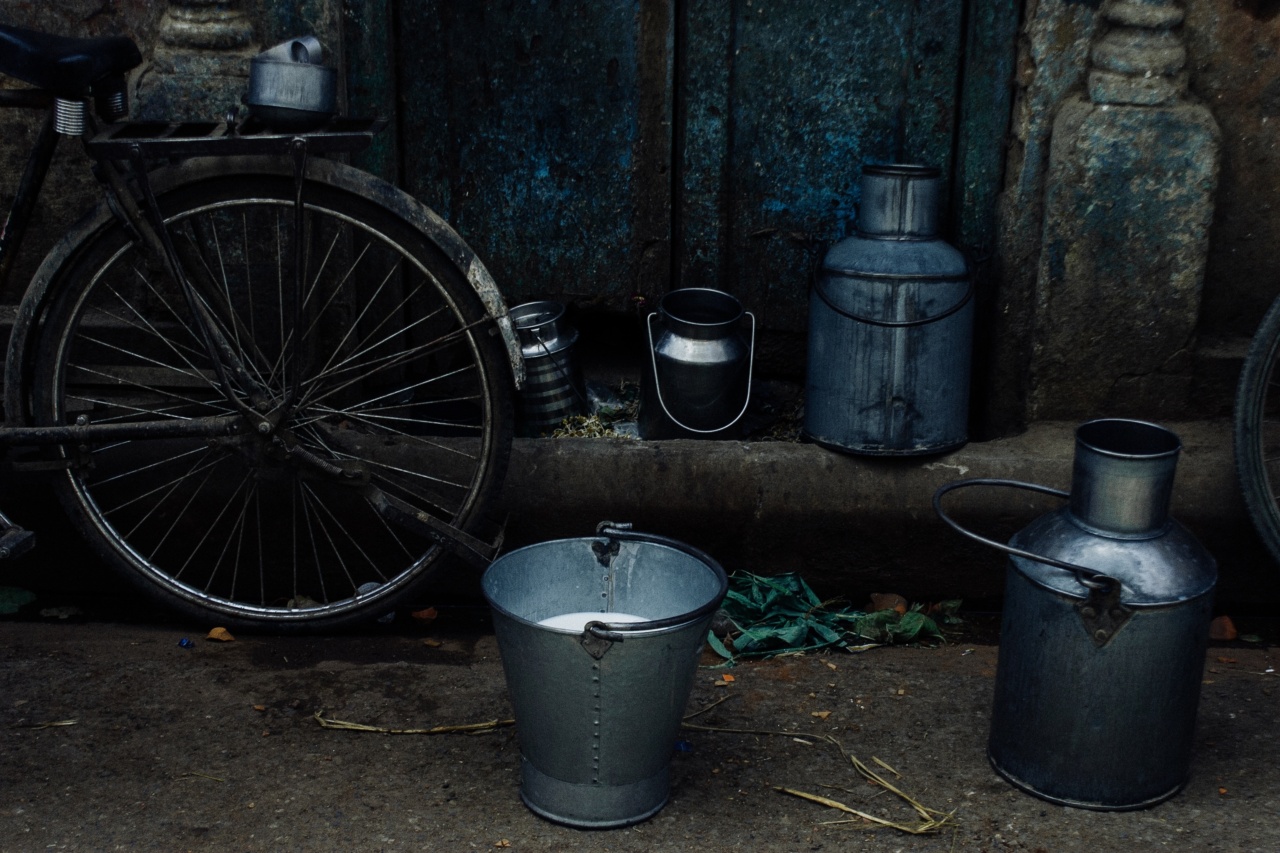When couples undergo in vitro fertilization (IVF) treatment, typically multiple embryos are created. In some cases, not all embryos are transferred during the initial IVF cycle, leading to the question of what happens to the remaining embryos.
Freezing these embryos for future use is a common practice. However, when an IVF cycle fails, can frozen embryos be used immediately? In this article, we will explore the options and considerations surrounding the use of frozen embryos after failed IVF.
1. The Process of Freezing Embryos
Before delving into whether frozen embryos can be used immediately after a failed IVF cycle, it is crucial to understand the process of freezing embryos.
Embryos are typically frozen through a method called vitrification, which involves rapidly cooling them to ultra-low temperatures. This procedure preserves the embryos’ viability and allows them to be stored for extended periods.
2. The Success Rate of Frozen Embryo Transfer (FET)
When the decision is made to use frozen embryos following a failed IVF cycle, the chances of success must be considered.
The success rate of frozen embryo transfer (FET) depends on various factors, including the age of the woman at the time of embryo freezing, the quality of the frozen embryos, and the underlying fertility issues that led to fertility treatment in the first place.
3. Assessing Embryo Quality
Before using frozen embryos, it is essential to assess their quality. This evaluation typically involves examining the embryos under a microscope to determine their stage of development, cell number, and overall morphology.
The quality of the embryos can significantly impact the success of FET.
4. Evaluating the Cause of IVF Failure
Understanding the cause of the failed IVF cycle is crucial in determining whether using frozen embryos immediately is the best course of action.
IVF failure can be attributed to various factors, such as implantation issues, sperm quality, or hormonal imbalances. Identifying and addressing the root cause is important to improve the chances of success with the next embryo transfer.
5. The Physical and Emotional Recovery Period
After a failed IVF cycle, both physically and emotionally, individuals need time to recover. The hormonal medications, medical procedures, and stresses associated with fertility treatment can take a toll on the body and mind.
Taking the time to heal and regain emotional strength before attempting the next transfer is crucial.
6. Consultation with Fertility Specialists
When considering using frozen embryos immediately after a failed IVF cycle, it is highly advisable to consult with fertility specialists.
These professionals can provide personalized advice based on the couple’s specific situation and recommend the ideal timing for embryo transfer. They will consider factors such as the woman’s age, the quality of the embryos, and the potential causes of the previous IVF failure.
7. Preparing for a Subsequent Frozen Embryo Transfer
If the decision is made to proceed with a frozen embryo transfer after a failed IVF cycle, certain steps need to be taken to prepare for the procedure.
This may include hormone therapy to optimize the uterus lining, which provides a favorable environment for embryo implantation.
8. Psychological Considerations
Undergoing fertility treatment can be emotionally challenging, especially when previous attempts have not been successful. It is essential for couples to consider their emotional readiness before pursuing another embryo transfer.
Seeking support from therapists or support groups can help individuals navigate these complexities and make informed decisions.
9. The Financial Aspect
Fertility treatment, including IVF and subsequent frozen embryo transfers, can be financially demanding. Couples must consider their financial situation and the potential costs associated with each attempt.
Understanding the financial implications can help individuals plan and make decisions accordingly.
10. Personal Timing and Preferences
Ultimately, the decision of whether to use frozen embryos immediately after a failed IVF cycle is a personal one. Factors such as age, the urgency to conceive, and personal preferences can influence this choice.
Couples should openly discuss their options, concerns, and desires, taking into account their overall physical and emotional well-being.






























